


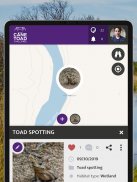

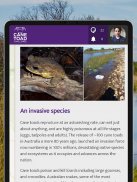
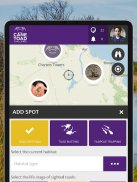
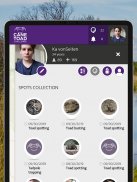

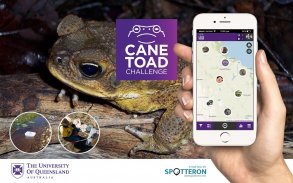

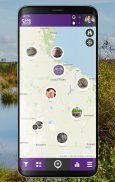
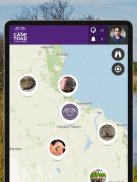
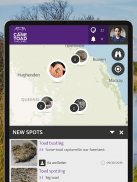
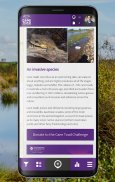
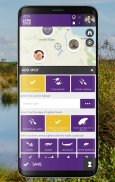
Cane Toad Challenge | SPOTTERO

Description of Cane Toad Challenge | SPOTTERO
Cane toads are relentless invaders. Native to Central America, cane toads were transported to sugar cane growing regions of the world early last century, including Australia, in the hope they would eat and eradicate beetles devastating sugar cane crops. The experiment failed spectacularly. Toads ignored beetles, and instead embarked on an epic global invasion.
Cane toads reproduce at an astonishing rate, can eat just about anything, and are highly poisonous at all life-stages (eggs, tadpoles and adults). The release of ~100 cane toads in Australia a mere 80 years ago, launched an invasion force now numbering in 100's millions, devastating native species and ecosystems as it occupies and advances across the nation.
Cane toads poison and kill lizards including large goannas, and crocodiles. Australian snakes, some of the most venomous in the animal kingdom, succumb to toad poison, as do many iconic native species (northern Australian quoll), and other furry friends (dogs and cats).
The purpose of the Cane Toad Challenge (CTC) is to engage the public through citizen science, to catalyse awareness and inform the public, media, scientists, authorities and decision makers, to gather data, to inspire the development and implementation of more effective cane toad control.
If you are currently engaged in cane toad tadpole trapping and/or toad busting activities, employing humane and safe procedures for capture, handling, euthanasia and disposal, or if you have evocative images illustrating the number and impact of cane toads in urban, rural and/or native habitats, please share your experiences through the CTC APP.
The Cane Toad Challenge is running on the SPOTTERON Citizen Science platform: www.spotteron.net

























